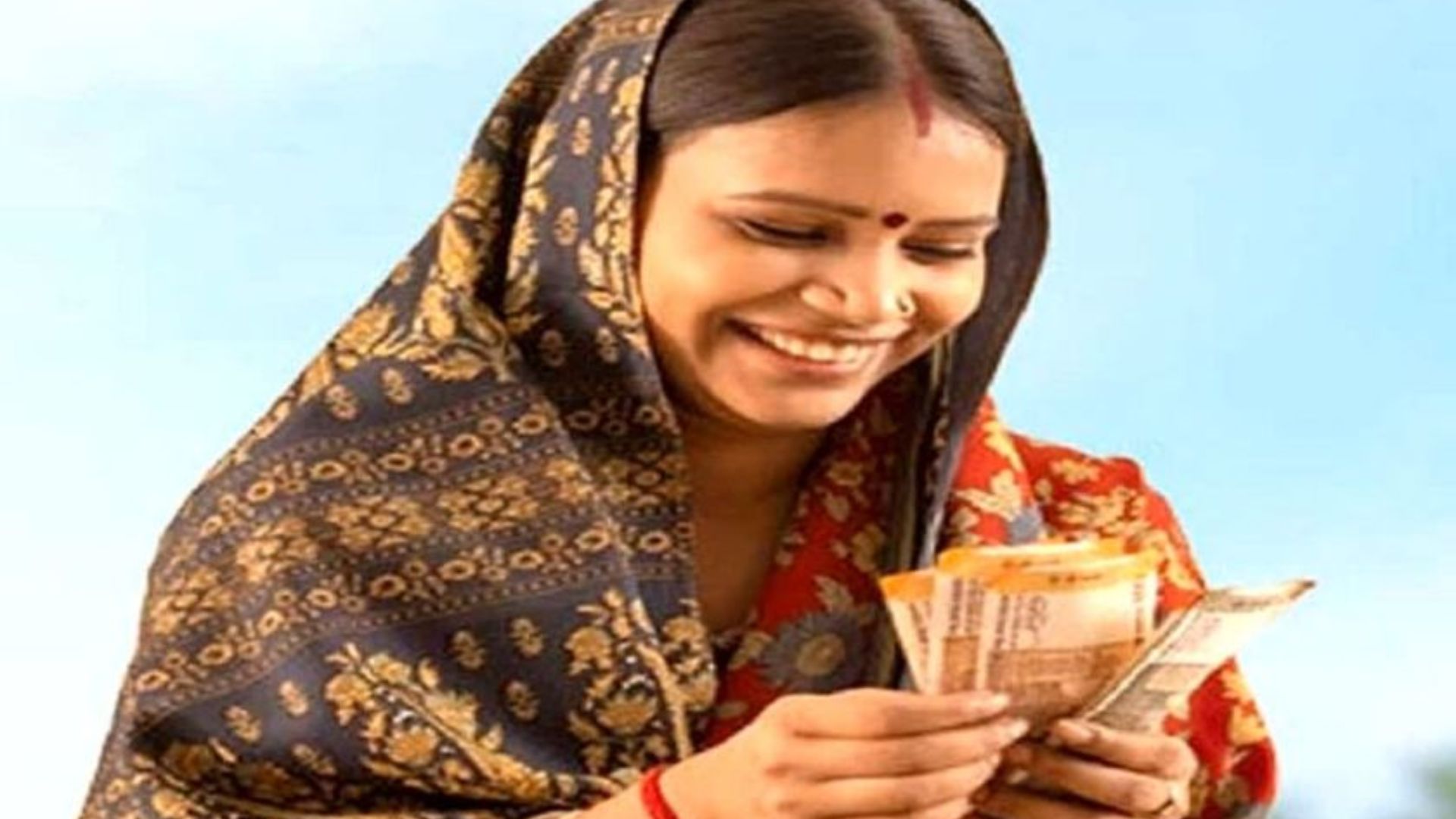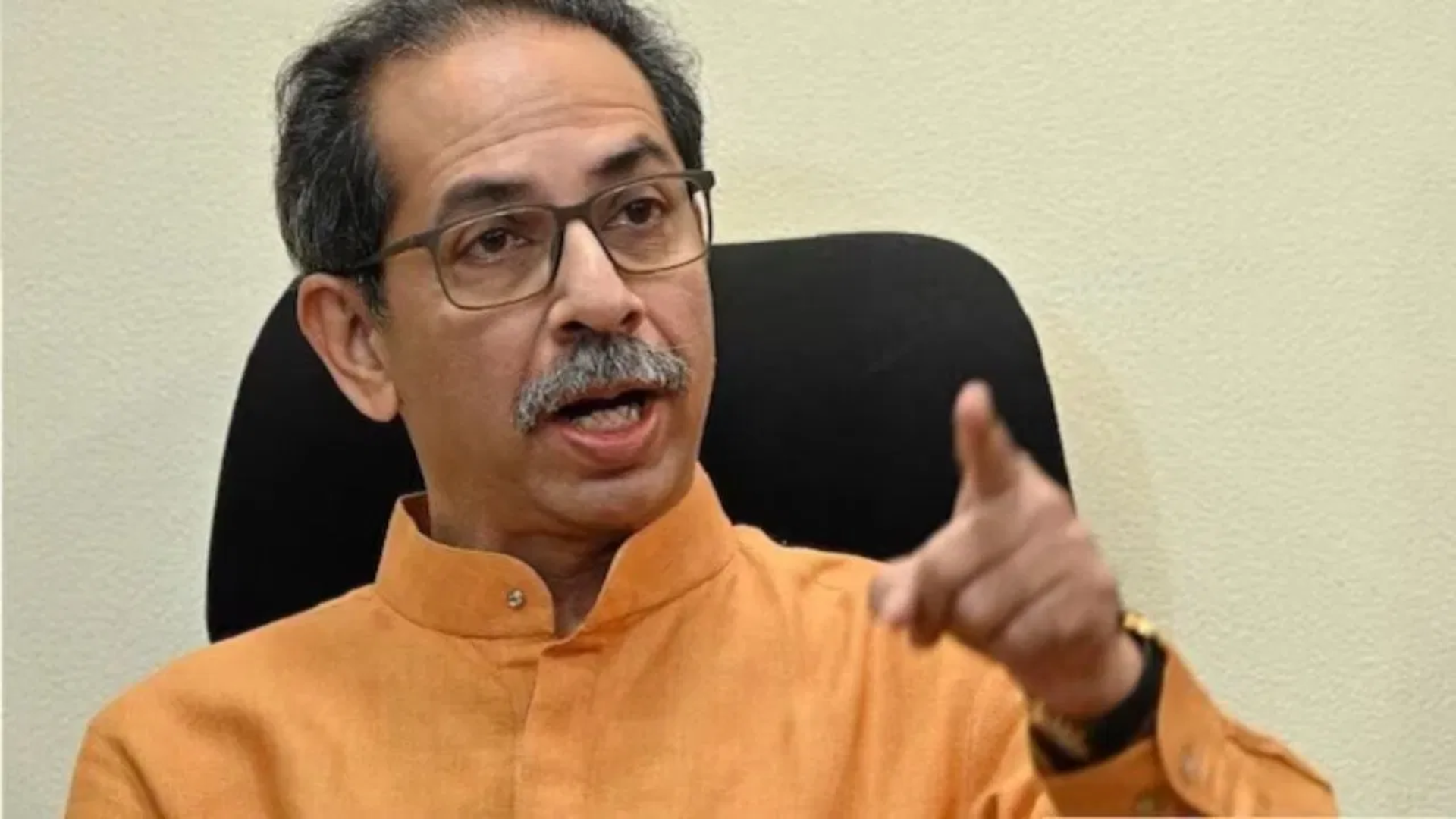
In a significant move towards enhancing female financial independence and supporting families in the state, the “Chief Minister Majhi Ladki Bahin” initiative has achieved a notable milestone by disbursing the third installment of ₹1,500 to the bank accounts of eligible women beneficiaries. This latest payment has increased the total aid per recipient to ₹4,500, distributed across three installments since the scheme’s launch. Announced during the state budget presentation, the initiative has attracted considerable interest, with over 1.5 crore women registering to participate. This surge is largely due to the scheme’s commitment to provide monetary assistance to two women from each family.
In response to skepticism and negative campaigning from the opposition, who labeled the scheme as unreliable and threatened its potential discontinuation, the government has firmly upheld the program’s integrity. Efforts to undermine the initiative through misinformation and technical disruptions were effectively countered. The government introduced offline registration and strict verification protocols to ensure the scheme’s credibility and prevent fraudulent claims. Finance Minister Ajit Pawar played a crucial role in implementing this initiative amidst these challenges.
Despite facing opposition and legal hurdles, the scheme has been well-received by women across the state, empowering them financially and contributing to their families’ welfare. The judiciary’s endorsement of the initiative has further solidified its legitimacy and acceptance among the public. High-ranking officials, including Chief Minister Eknath Shinde, Deputy Chief Minister Devendra Fadnavis, and Ajit Pawar, have expressed strong support for the program, enhancing public confidence and encouraging continued participation.
The scheme is financially supported by a substantial budgetary allocation of ₹46,000 crores, ensuring its implementation does not negatively impact the state’s economic standing. This strategic financial management distinguishes the initiative from similar programs in other states that have faced fiscal challenges. The government’s commitment to improving women’s economic empowerment, along with broader infrastructure development and citizen welfare, is evident in its comprehensive approach. Other initiatives like the Kisan Samman Yojana, Ayushman Bharat Yojana, and free ration schemes further demonstrate the government’s dedication to uplifting families at the grassroots level, thus enriching the state’s socio-economic landscape.
In conclusion, the “Chief Minister Majhi Ladki Bahin” scheme represents a progressive step towards direct financial aid for women leading families, highlighting the government’s strong commitment to gender equality and socio-economic advancement. The successful distribution of funds amid opposition and legal scrutiny underscores the initiative’s resilience and the government’s determination to empower women and support family welfare through practical, inclusive financial strategies.















